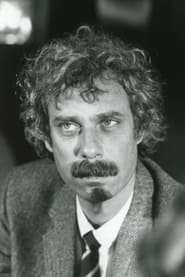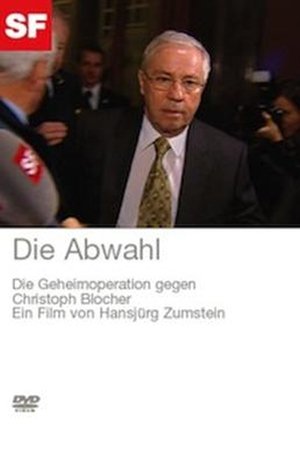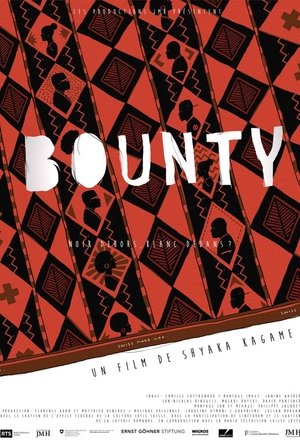
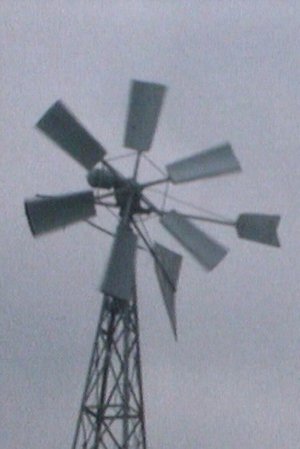
The Windmill(1975)
In preparation for a feature-length film about windmills, an assistant director travels through the Vaud region to search for locations with windmills. The research leads to a serious engagement with the meaning and purpose of windmills, which has something Don Quixote-like about it in the age of nuclear power stations. The transitions between document and fiction flow constantly and result in a charming and intellectual mixture of seriousness and fun, determination and coincidence, weightlessness and the weight of meaning.
Movie: The Windmill
Top 3 Billed Cast
Self - The Assistant Director
Self - The Composer

L’Eolienne
HomePage
Overview
In preparation for a feature-length film about windmills, an assistant director travels through the Vaud region to search for locations with windmills. The research leads to a serious engagement with the meaning and purpose of windmills, which has something Don Quixote-like about it in the age of nuclear power stations. The transitions between document and fiction flow constantly and result in a charming and intellectual mixture of seriousness and fun, determination and coincidence, weightlessness and the weight of meaning.
Release Date
1975-02-10
Average
0
Rating:
0.0 startsTagline
Genres
Languages:
FrançaisKeywords
Similar Movies
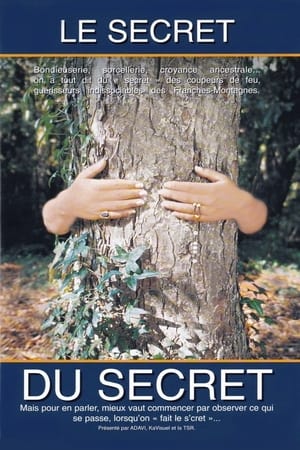 0.0
0.0The Secret of the Secret(en)
The traditional healers in the Swiss and French mountains.
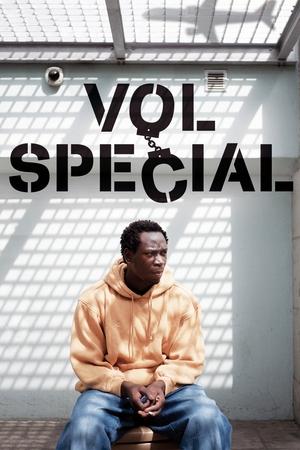 6.1
6.1Special Flight(fr)
Switzerland still carries out special flights, where passengers, dressed in diapers and helmets, are chained to their seats for 40 hours at worst. They are accompanied by police officers and immigration officials. The passengers are flown to their native countries, where they haven't set foot in in up to twenty years, and where their lives might be in danger. Children, wives and work are left behind in Switzerland. Near Geneva, in Frambois prison, live 25 illegal immigrants waiting for deportation. They are offered an opportunity to say goodbye to their families and return to their native countries on a regular flight, escorted by plain-clothes police officers. If they refuse this offer, the special flight is arranged fast and unexpectedly. The stories behind the locked cells are truly heartbreaking.
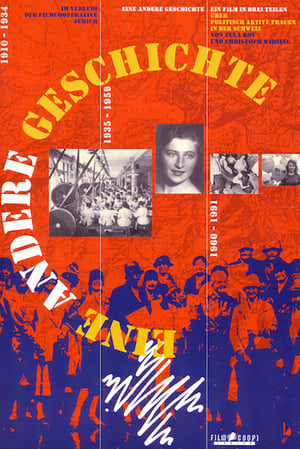 0.0
0.0A Different History(de)
A three-part documentary about the long road to women's suffrage in Switzerland.
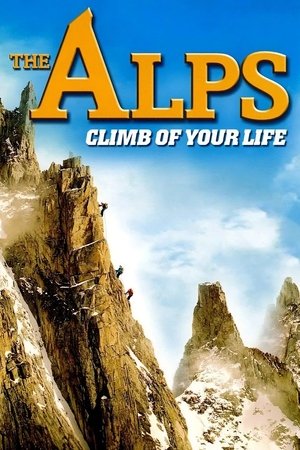 6.8
6.8The Alps - Climb of Your Life(en)
In 1966, John Harlin II died while attempting Europe's most difficult climb, the North Face of the Eiger in Switzerland. 40 years later, his son John Harlin III, an expert mountaineer and the editor of the American Alpine Journal, returns to attempt the same climb.
 7.3
7.3Matt Shepard Is a Friend of Mine(en)
An intimate portrait of Matthew Shepard, the gay young man murdered in one of the most notorious hate crimes in U.S. history. Framed through a personal lens, it's the story of loss, love, and courage in the face of unspeakable tragedy.
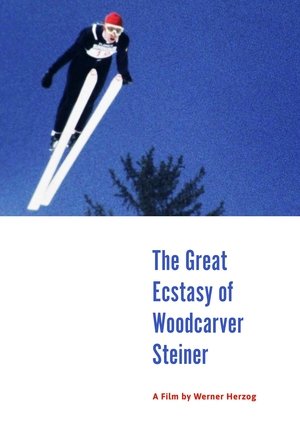 7.1
7.1The Great Ecstasy of Woodcarver Steiner(de)
A study of the psychology of a champion ski-flyer, whose full-time occupation is carpentry.
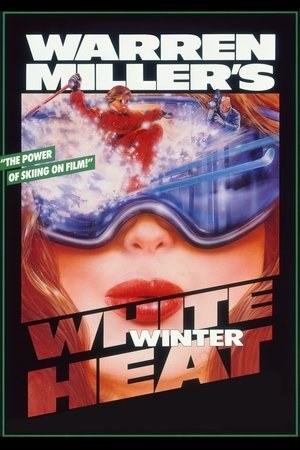 0.0
0.0White Winter Heat(en)
Turn up the heat this winter and catch fire with some of the most extreme skiers of the time as they burn up the slopes. Featuring skiers and riders like Scot Schmidt, Tom Day, Cindy Nelson, Tom Jungst, plus many more, Warren Miller's White Winter Heat takes you on an adventure to places like Kooteney National Park in Canada, Verbier Switzerland, New Zealand, and Vail. Grab your skis and find out how to scorch up the slopes even during the coldest, snowiest winter days.
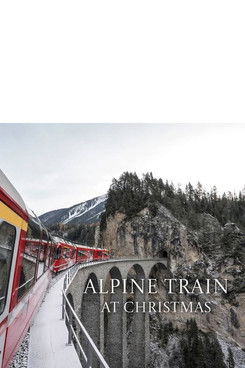 0.0
0.0Alpine Train at Christmas(en)
Climb aboard the illustrious Bernina Express for a festive ride through spectacular Alpine landscapes, taking in snow-covered peaks, architectural wonders, and majestic glaciers.
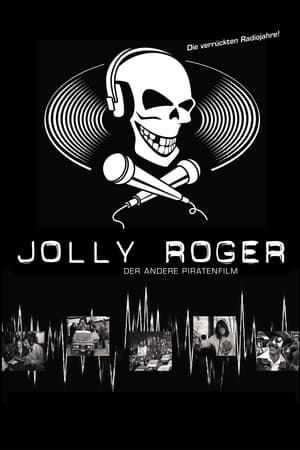 0.0
0.0Jolly Roger(de)
"Jolly Roger" could mean Roger Schawinski. But by definition, a "Jolly Roger" is the classic black pirate flag with skull and crossbones. This documentary tells the unvarnished story of the Swiss radio pirates who emerged in the 1970s. The focus is on Radio 24 in its wild years, when Schawinski's team broadcast from Italy, with the strongest FM station in the world at the time, straight down from Pizzo Groppera, 130 kilometers all the way to the Zurich area. Supported by numerous original documents from private filmmakers and from the SRG archives, the viewer relives the absurd radio war between David and Goliath that lasted almost four years, 24 years after this war between the radio pirates and the state power began on November 13, 1979. The many known and unknown fighters, who rallied behind their Radio Winkelried Schawinski in 1979 to help usher Switzerland into a new media age, remember the good and bad times, the demonstrations and the numerous threatened and actual closures.
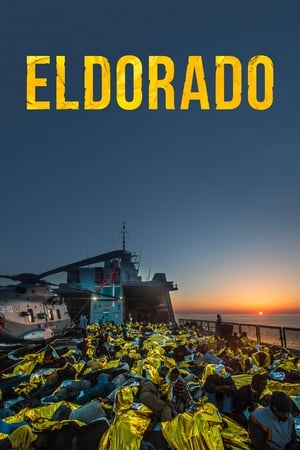 5.8
5.8Eldorado(de)
Drawing inspiration from his personal encounter with the Italian refugee child Giovanna during World War II, Markus Imhoof tells how refugees and migrants are treated today: on the Mediterranean Sea, in Lebanon, in Italy, in Germany and in Switzerland.
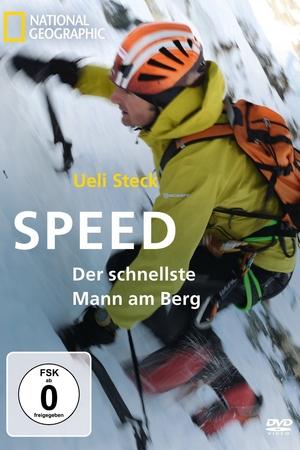 10.0
10.0Ueli Steck - Speed, Der schnellste Mann am Berg(de)
He climbed solo, without a rope, the north face of the Eigers in 2h47. Below him the rock wall steigen über 1000 Meter ab. Mehr Ueli Steck, the lone wolf, does not lose his temper. For a year, Steck has meticulously prepared this record of less than three hours. The portrait of an extraordinary man who takes us on a journey to the most beautiful and challenging peaks in the world.
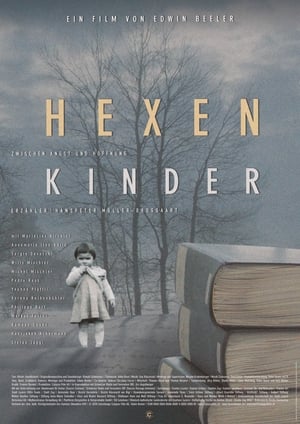 0.0
0.0Hexenkinder(de)
The movie recalls children who suffered mental and physical harm both during the last century, particularly in religious orphanages, and during the time of early modernperiod witch-hunts. It shows that the mindsets and behavioural patterns of both time periods are more alike than one might think.
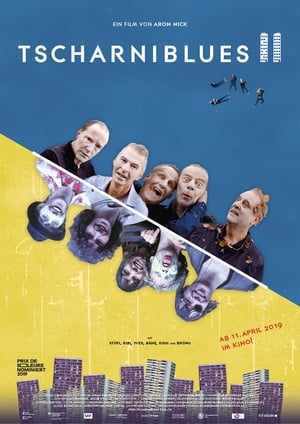 8.0
8.0Tscharniblues II(de)
Bern, 1979: a tower block called Tscharnergut. Together with a few friends (among them famous Swiss actor Stefan Kurt), director Aron Nick's father and uncle shoot the idealistic Super 8 film "Dr Tscharniblues" ("The Tscharni Blues") – a wild, unvarnished self-portrait of their generation. 40 years later, Nick gathers the friends at Tscharnergut and asks what has happened to them and their ideals in the meantime. What have the achieved? What have they lost? Past, present, and future clash and form a journey of personal disappointments, hopes, and a collective search for identity. In "Tscharniblues II," Aron Nick discovers a kind of friendship that can weather anything.
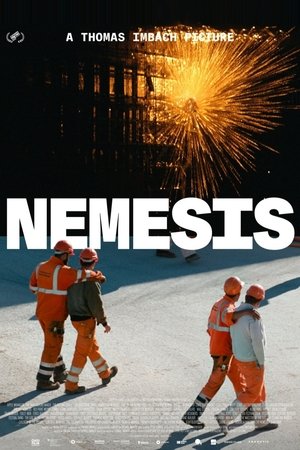 7.5
7.5Nemesis(de)
The film explores the destruction of a unique train station in Zurich and the construction of the new prison and police centre in its place. From the perspective of the filmmaker’s window, and with testimony from prisoners awaiting deportation, the film probes how we deal with the extinction of history and its replacement with total security.
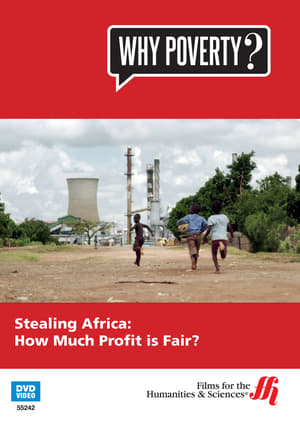 8.9
8.9Stealing Africa(en)
Zambia's copper resources have not made the country rich. Virtually all Zambia's copper mines are owned by corporations. In the last ten years, they've extracted copper worth $29 billion but Zambia is still ranked one of the twenty poorest countries in the world. So why hasn't copper wealth reduced poverty in Zambia? Once again it comes down to the issue of tax, or in Zambia's case, tax avoidance and the use of tax havens. Tax avoidance by corporations costs poor countries and estimated $160 billion a year, almost double what they receive in international aid. That's enough to save the lives of 350,000 children aged five or under every year. For every $1 given in aid to a poor country, $10 drains out. Vital money that could help a poor country pay for healthcare, schools, pensions and infrastructure. Money that would make them less reliant on aid.
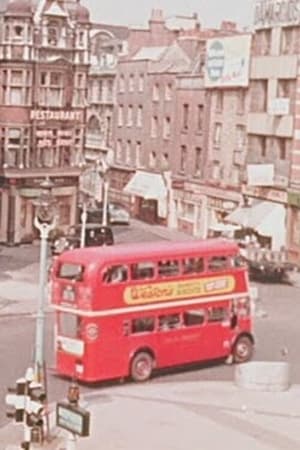 0.0
0.0Sunshine in Soho(en)
1950s Soho beats with far more energy than its 21st century counterpart in this vivid time capsule.
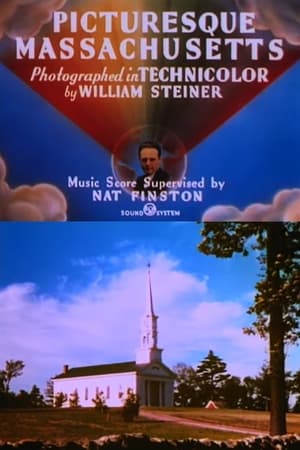 0.0
0.0Picturesque Massachusetts(en)
This Traveltalk series short takes the viewer to sites in Massachusetts. Places visited include Plymouth Rock and harbor; John and Priscilla Alden's 300 year-old house; and the birthplace of Clara Barton, founder of the U.S. Red Cross. We also see Cape Cod windmills and pay a visit to Provincetown, including its picturesque harbor and its artist community.
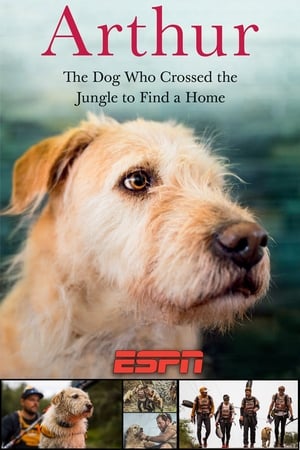 7.7
7.7Arthur(en)
A dog story about a stray traveling in the dense and swallowing Amazon jungle, the dusty streets of Quito, Ecuador, and a Switzerland. Arthur joined a race, and outpaced death, to find a new life with the adopted adventure seekers.
